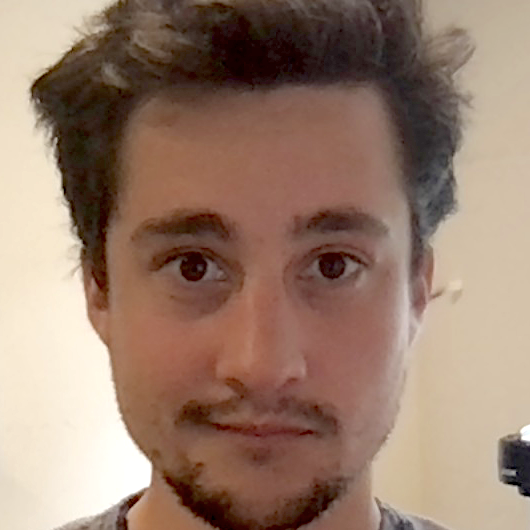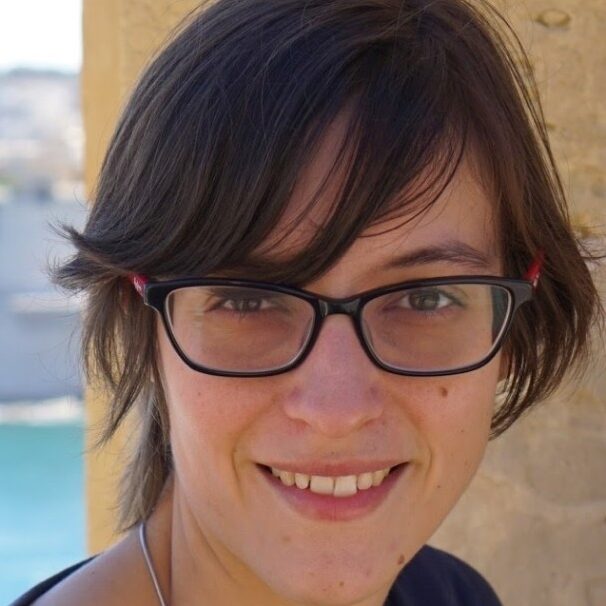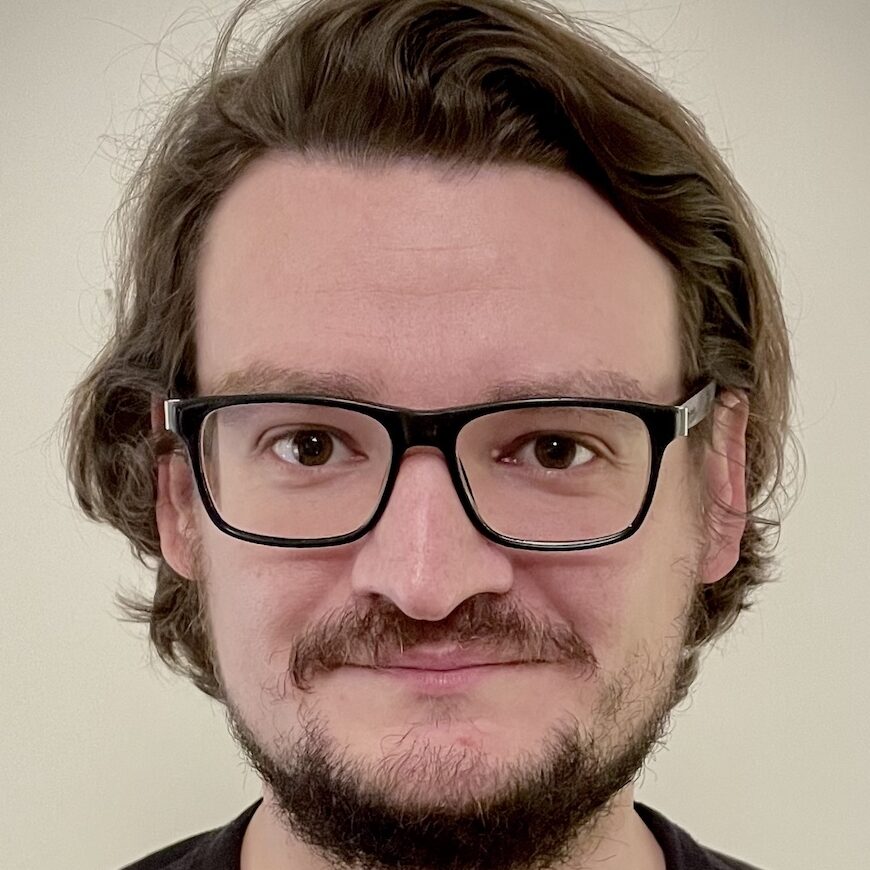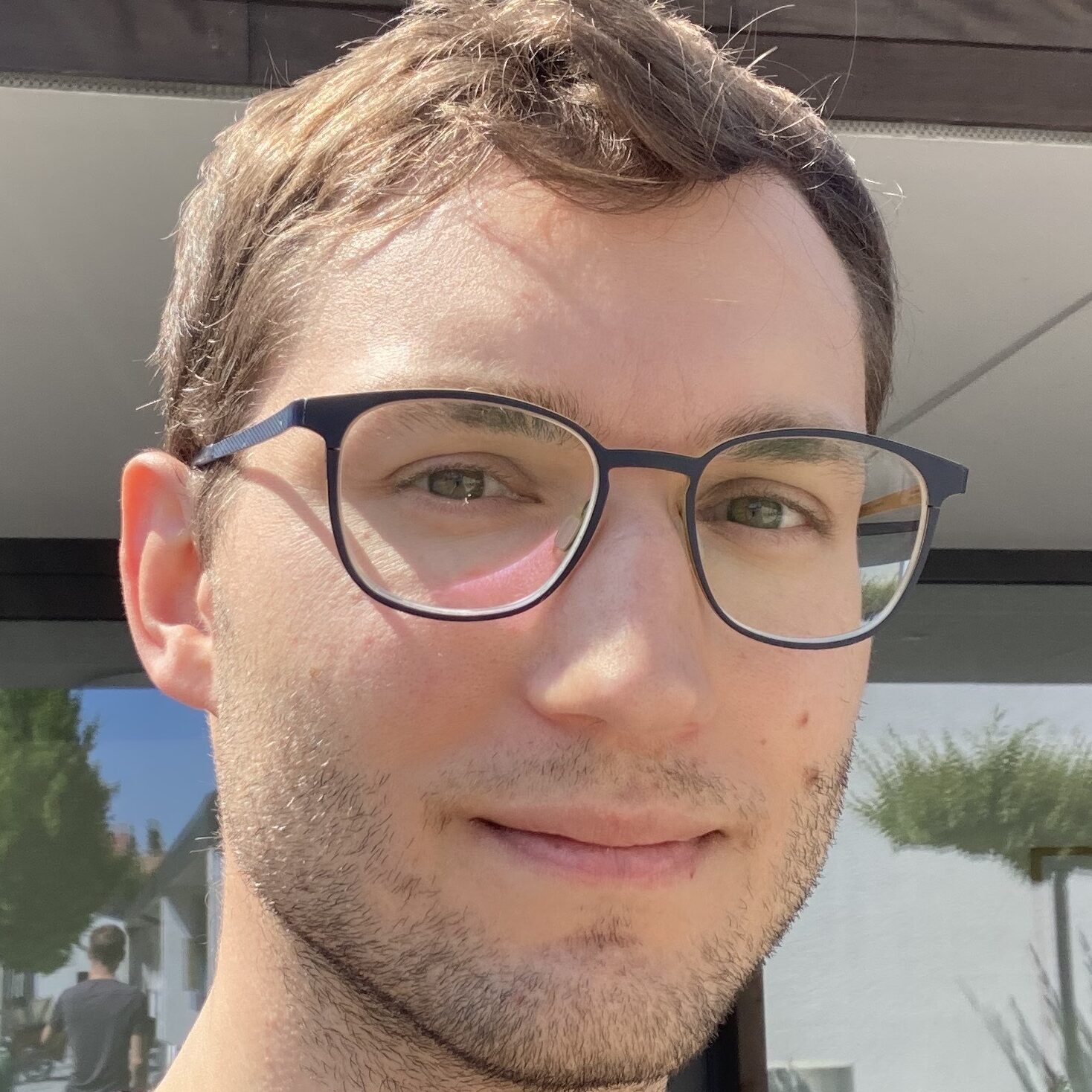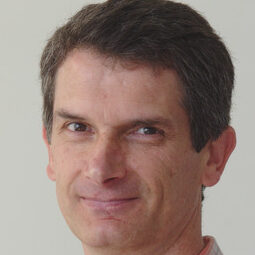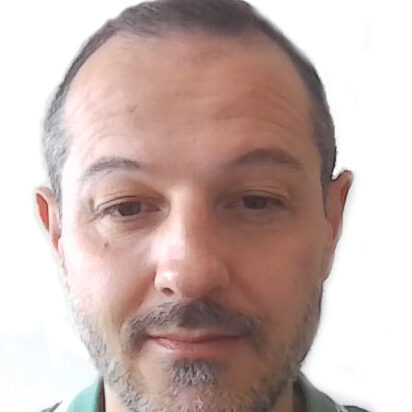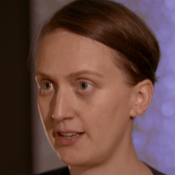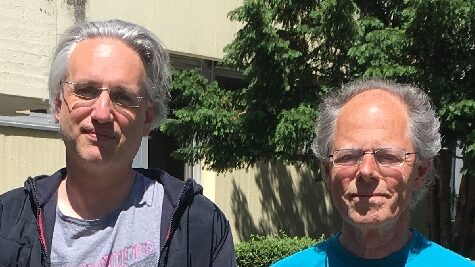The Euclid Consortium STAR Prize 2023
The Euclid Special Talent And Recognition (STAR) Prize is a prize to acknowledge work done within the Euclid Consortium in different areas of activity. It was established in 2017, and every year prizes are awarded to nominees in different categories by the Euclid STAR Prize Committee. Nominations are accepted and encouraged from any Euclid Consortium member, excluding self-nominations.
The awardees are (full bios below / on click):
Euclid STAR Prize 2023 – Student Award
Motivation
For his contributions on the development of a deep generative neural network model generating realistic mock Euclid observations, and on the analysis of the Euclid Morphology Challenge, enabling high-quality morphology measurements for billions of galaxies and opening up new scientific opportunities with Euclid data.
Bio
Hubert is a French postdoc currently at the Astronomy and Astrophysics Department at the University of California Santa Cruz (UCSC).
He has done my Ph.D. with Marc Huertas-Company, Alexandre Boucaud, and Hervé Dole at the University Paris-Saclay, at the Institut d’Astrophysique Spatial (IAS), and at the Astro-Particles and Cosmology (APC) laboratory. He has done the first half in Tenerife at the Institute of Astrophysics in Canarias (IAC).
His Ph.D. was a Euclid/CNES thesis, where he focused on developing Machine Learning tools focusing on galaxy morphology. Hubert is currently working mainly for JWST, in the JADES Survey and COSMOS-Web, still with ML methods for galaxies.
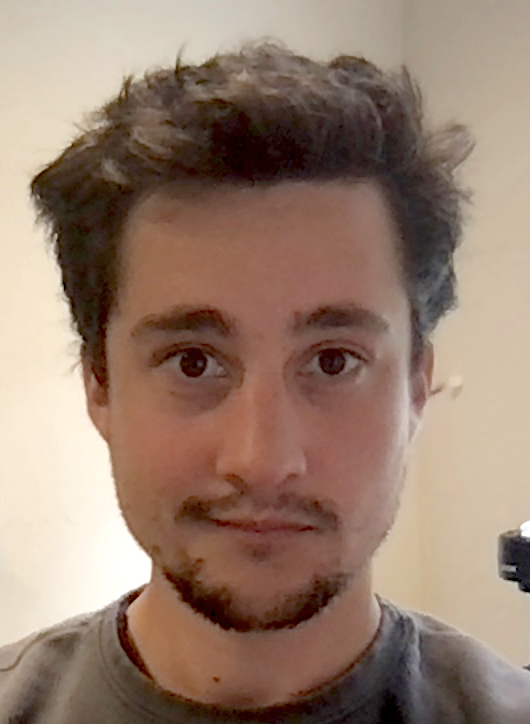
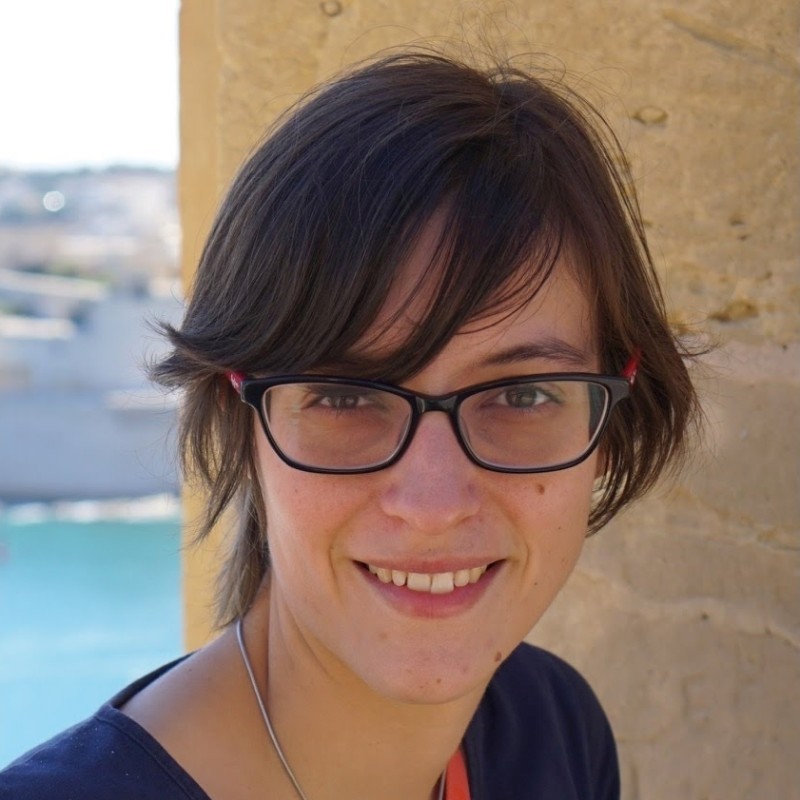
Euclid STAR Prize 2023 – Junior Scientist Award
Motivation
For her work on the development and application of different simulated galaxy catalogs, fine-tuned for Galaxy and AGN evolution and Local Universe working groups, enabling the achievement of many pre-launch key projects and the derivation of forecast of spectroscopic and photometric performances for galaxy and AGN studies.
Bio
Laura is a post-doc at the University of Padova. She received her Ph.D. in 2017 at the University of Groningen, performing predictions for forthcoming infrared telescopes.
She then moved to the University of Nottingham, where she joined the Euclid collaboration in 2019, to INAF-OAS in Bologna and finally to Padova. Her research interests span from galaxy formation and evolution of active galactic nuclei (AGN) and dusty sources to the development and analysis of simulations and mock data.
In Euclid, she is part of several work packages in the Galaxy and AGN evolution science Working Group and in the Local Universe working group. In the past years, she led the pre-launch key project papers focused on passive galaxies and AGN color selections and on the derivation of galaxy physical properties using images and convolutional neural networks. She also built several Euclid galaxy mock catalogs based on observed galaxies or on the SPRITZ phenomenological simulation, all fine tuned for specific Euclid science cases.
Outside Euclid, when she has some free time she enjoys drawing, crocheting and, mainly, role playing!
Euclid STAR Prize 2023 – Junior Scientist Award
Motivation
For his exceptional and invaluable contribution to weak-lensing activities as co-lead of the OU-LE3 Weak Lensing team and as manager of the PK-WL Processing Function, guaranteeing that the code is ready for real Euclid data. Also, for coordinating all other WL PFs, and developing various tools for simulating Euclid-like data.
Bio
Nicolas is a senior research fellow at University College London, working in the Science Ground Segment of ESA’s Euclid mission. His main research interests are statistics on the sphere and their application to observational cosmology from galaxy surveys.
Nicolas is implementation co-lead for the Weak Lensing (WL) probe in OU-LE3, and leads the PK-WL processing function for measuring the photometric two-point statistics in harmonic space. He is also very active in the development of fast simulations for testing the photometric two-point statistics of Euclid.
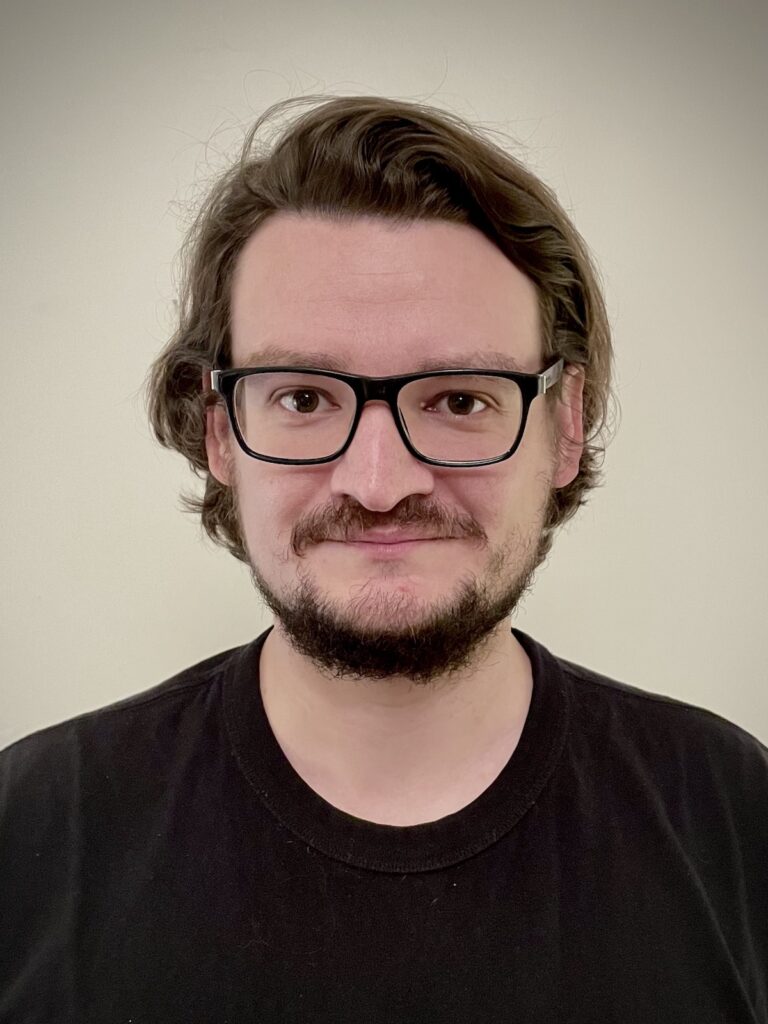
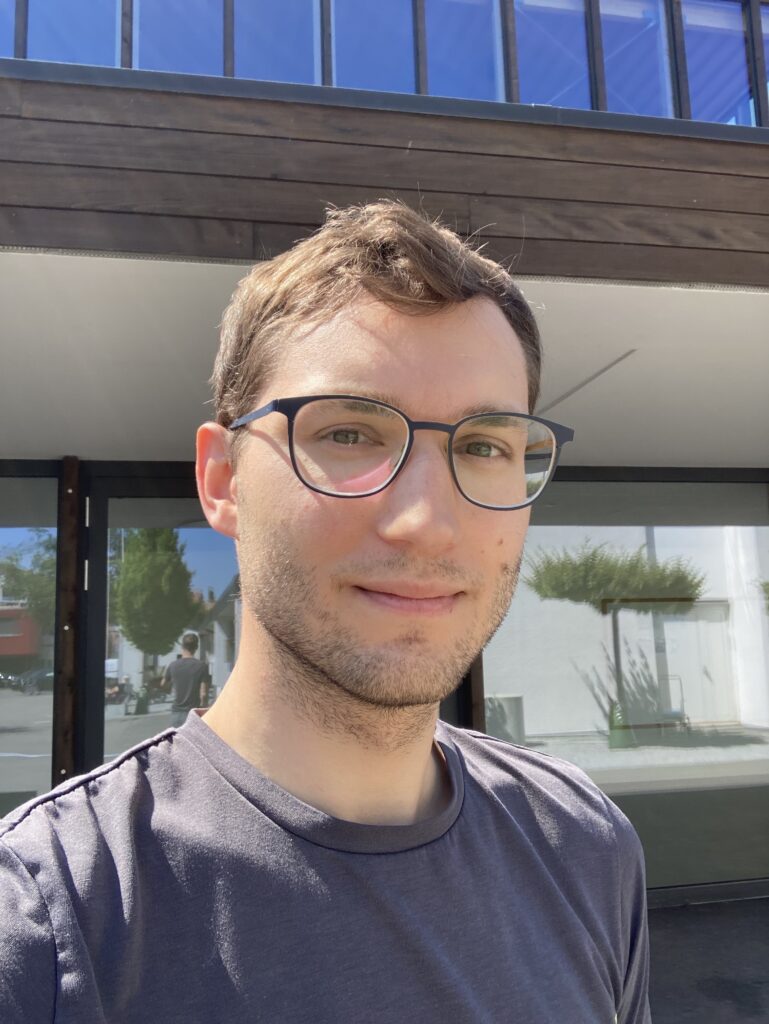
Euclid STAR Prize 2023 – Junior Engineer Award
Motivation
For the development of the IAL Pipeline Runner, a system component responsible for managing the workflow of thousands of concurrent processing jobs, bringing this component to production readiness. Besides his knowledge and skill, for his collegiate way of working, very responsive and friendly, always ready to help.
Bio
Simon joined the University of Applied Sciences Northwestern Switzerland (FHNW) for his master studies. His research was focused on distributed GPU processing to solve large scale problems in real time. He currently works as a research fellow and computer science lecturer at FHNW.
He started working for Euclid 6 years ago after finishing his master’s degree in computer science. Simon has taken over the development of the IAL Pipeline Runner, a system component that is responsible for managing the workflow of all processing functions, hence is at the core of the Euclid SGS data processing system. He is also contributing in other related areas, such as in the Euclid SGS architecture group or to some PFs.
Euclid STAR Prize 2023 – Senior Award
Motivation
For his relentlessly work in the ECSURV group, developing the ECTile program, solving complex optimisations on a critical aspect and practically enabling the Euclid Reference Survey, which plans activities (pointings, exposures, slews, wide, deep, calibrations etc) down to every second for the six year duration.
Bio
João is a researcher at the Instituto de Astrofísica e Ciências do Espaço (IA) at the Faculdade de Ciências da Universidade de Lisboa (FCUL), developing computer algorithms focused on geometry. He took a degree in engineering physics at the Universidade de Lisboa but quickly diverted to computer science, first by developing many computer vision solutions at the Instituto Nacional de Engenharia, Tecnologia e Inovação (INETI, now extinct) and later by taking a Phd in Informatics in 2013 at the Universidade Nova de Lisboa by adapting a planar algorithm for computing Voronoi diagrams on the sphere. He is specialized in algorithms and data structures and, in particular, in computational geometry. Not much after, he joined Euclid survey working group with the task to implement a computation tool to generate the Euclid Reference Survey from a myriad of requirements and constraints, something he has been doing to this day.
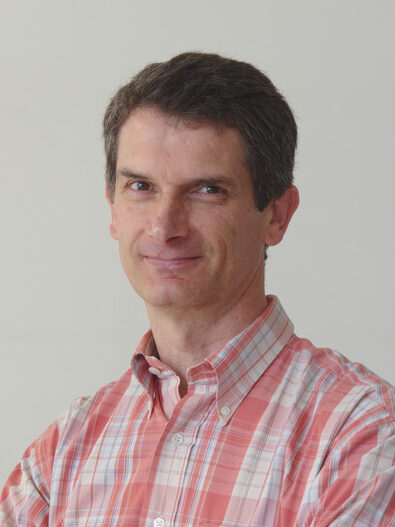
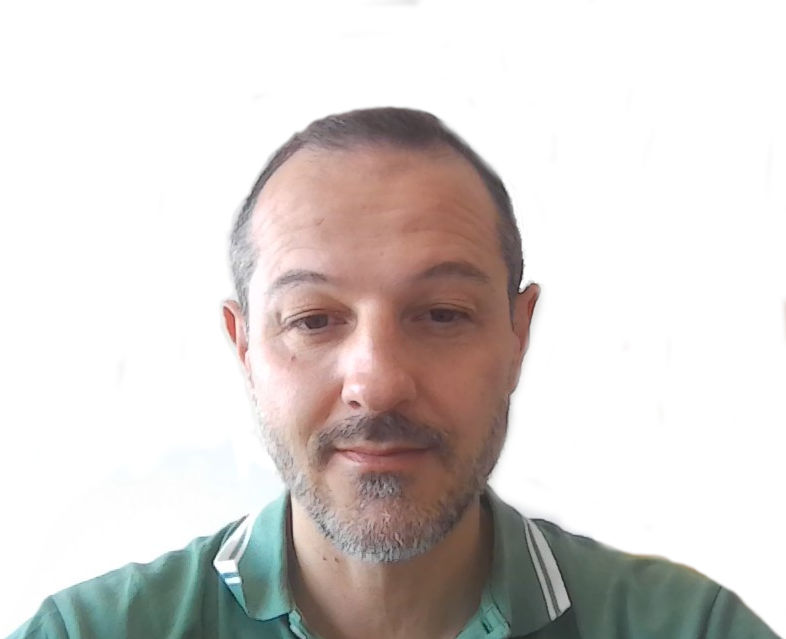
Euclid STAR Prize 2023 – Instrument Award
Motivation
For his major role in the design, development and testing of the on board control and data processing SW for the VIS instrument, his devotion to the experiment and mission throughout the years as On Board SW reference engineer.
Bio
Emanuele has been the team leader of the software team for the Euclid project for 7 years and the software project manager of the ICU PLATO software for two years. Currently, he is the Team Leader Software Engineer at Particle Measuring System in the R&D department. In the past, he earned a PhD in Computer Science from the University of Tor Vergata and served as a visitor researcher at the Los Alamos National Laboratory for one year.
Euclid STAR Prize 2023 – Leadership & Coordination Award
Motivation
For the huge amount of time and effort she put into ECICC, ECICIC, and iCOM committees, through well-planned, productive meetings with proper agendas, minutes, and resulting tasks, being the force behind the implementation of the new and more efficient internal and external communication structure.
Bio
Dida is a Staff Scientist at the Jet Propulsion Laboratory (NASA & Caltech) in Pasadena, California. She works on cosmic large scale structure as a probe of the dark universe. She has been particularly interested in how to improve our ability to address observational challenges for galaxy clustering, specifically focussing on systematic effects, and joint analysis with other probes. She also works on Euclid as the lead of the Information and Communication Management team, and it’s predecessor committees that defined the work needed to be done to improve the landscape of pages and portals we work with (ECICC and ECICIC).
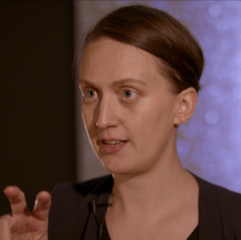
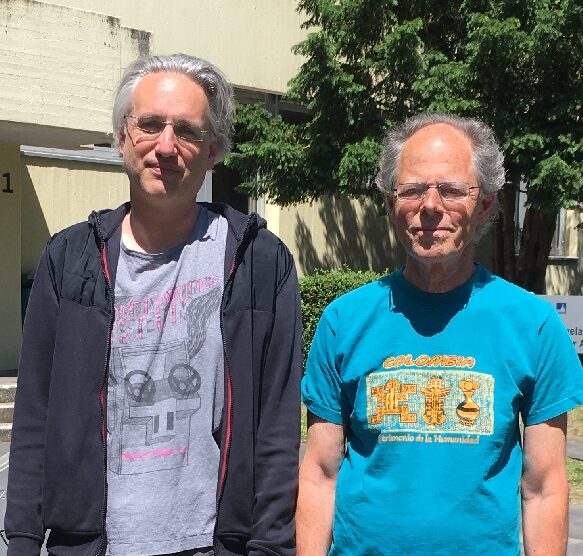
Euclid STAR Prize 2023 – Team Award
Motivation
For having shaped the Euclid Consortium Editorial Board and the ECEB bureau, for the actual buildup of the tracking – database – connected ECEB site with a more and more intuitive workflow for authors, coauthors, and referees and the daily operations to evaluate, improve, and submit to journals high numbers of pre-launch manuscripts.
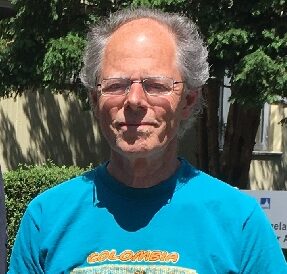
Bio
Peter is professor for astrophysics at the University of Bonn. After his PhD at the University of Bonn in 1984, he worked at the MPA in Garching and at JILA at the University of Colorado, before moving to Bonn in 2000. Peter’s main scientific interests are extragalactic astronomy, cosmology, and gravitational lensing, and he published textbooks and major reviews on these topics. His more recent research focuses on cosmic shear and other weak lensing applications.
Peter was the editor of the A&A Letters section in 1998-2006, which may have been one of the reasons for his appointment as ECEB Chair in 2014. His early involvement in the development of the Euclid mission includes his membership of the ESA Astronomy Working Group from 2003 to 2006, where in the framework of the Cosmic Vision 2020 process DUNE and SPACE were recommended, his co-chairing of the ESA/ESO Working Group on Fundamental Cosmology (2005/06), and his membership of the European Dark Energy Mission Concept Advisory Team of ESA in 2008 which led to the Euclid mission concept.
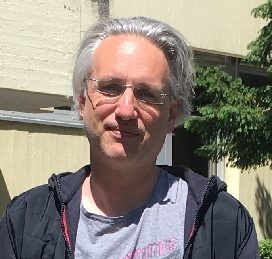
Bio
Patrick is an astronomy research staff at the Argelander Institut für Astronomie (AIfA) in Bonn (Germany) since 2009. He received his doctoral degree in 2005 from the University of Bonn under the supervision of Peter Schneider, and, after another year at the AIfA, joined the Institute for Astronomy in Edinburgh (UK) for three years to collaborate with Andy Taylor, partly as fellow of the European Marie Curie network DUEL. The core of his scientific work is the study of galaxy biasing, large-scale structure, and cosmological parameters, with cosmic shear and galaxy-galaxy(-galaxy) lensing as amazing tools.
Patrick has been a member of the Euclid project since 2012 where his main activities have been shifting from initially identifying verification and validation tests within the realm of OU-SHE/OU-LE3/WL-SWG to establishing the ECEB Bureau. He is the developer and administrator of the Publication Portal, works closely with the brains and hands behind the Projects Portal, Jascha Schewtschenko, and manages the day-to-day work of the Bureau jointly with Peter Schneider and John Peacock. He is also member of the recently formed ECOSystem Group which brings together admins of the various portals within the Euclid communication infrastructure – and which acts as help desk on portal issues for EC members (#help-portals).

